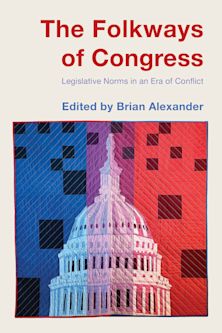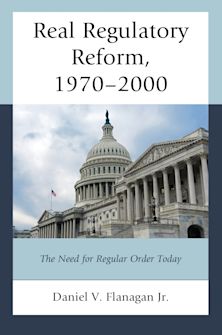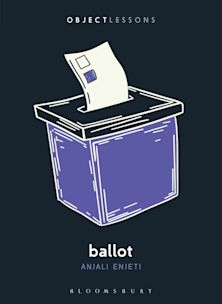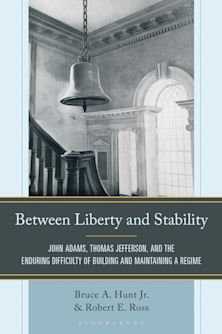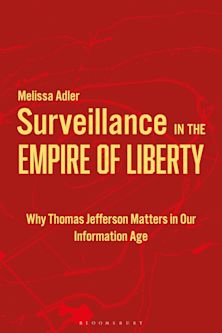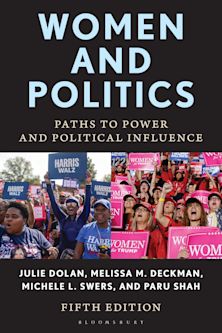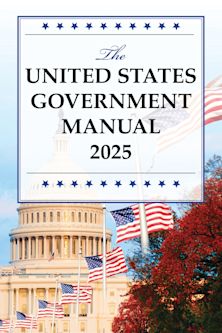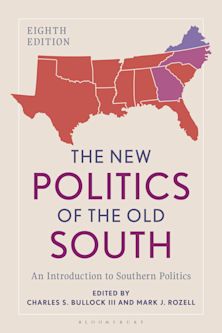Judging Executive Power
Sixteen Supreme Court Cases that Have Shaped the American Presidency
- Textbook
Judging Executive Power
Sixteen Supreme Court Cases that Have Shaped the American Presidency
- Textbook
Description
George W. Bush's presidency has helped accelerate a renewed interest in the legal or formal bases of presidential power. It is now abundantly clear that presidential power is more than the sum of bargaining, character, and rhetoric. Presidential power also inheres in the Constitution or at least assertions of constitutional powers. Judging Executive Power helps to bring the Constitution and the courts back into the study of the American presidency by introducing students to sixteen important Supreme Court cases that have shaped the power of the American presidency. The cases selected include the removal power, executive privilege, executive immunity, and the line-item veto, with particularly emphasis on a president's wartime powers from the Civil War to the War on Terror. Through introductions and postscripts that accompany each case, landmark judicial opinions are placed in their political and historical contexts, enabling students to understand the political forces that frame and the political consequences that follow from legal arguments and judgments.
Table of Contents
Chapter 2 Humphrey's Executor v. United States (1935)
Chapter 3 United States v. Nixon (1974)
Chapter 4 Nixon v. Fitzgerald (1982)
Chapter 5 Clinton v. Jones (1997)
Chapter 6 INS v. Chadha (1983)
Chapter 7 Clinton v. City of New York (1998)
Chapter 8 United States v. Curtiss-Wright Export Corp (1936)
Chapter 9 The Prize Cases (1863)
Chapter 10 Ex Parte Milligan (1866)
Chapter 11 Ex parte Quirin (1943)
Chapter 12 Korematsu v. United States (1944)
Chapter 13 Youngstown Sheet and Tube Co. v. Sawyer (1952)
Chapter 14 United States v. Reynolds (1953)
Chapter 15 Hamdan v. Rumsfeld (2006)
Chapter 16 Boumediene v. Bush (2008)
Product details
| Published | 16 Mar 2009 |
|---|---|
| Format | Ebook (PDF) |
| Edition | 1st |
| Extent | 1 |
| ISBN | 9798216284949 |
| Imprint | Rowman & Littlefield |
| Publisher | Bloomsbury Publishing |
Reviews

ONLINE RESOURCES
Bloomsbury Collections
This book is available on Bloomsbury Collections where your library has access.












